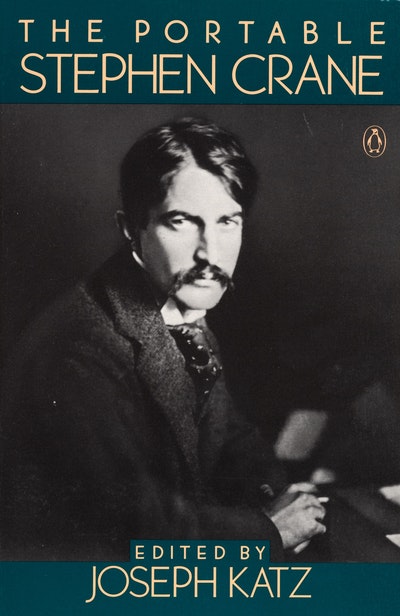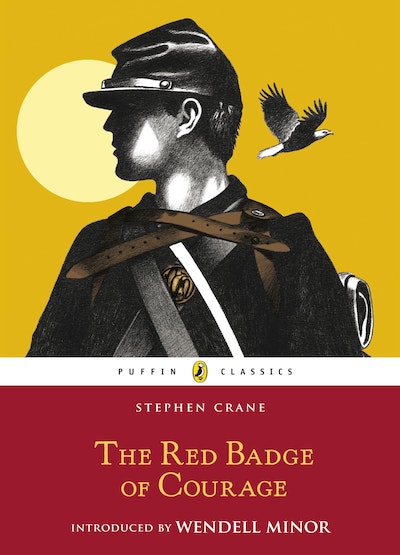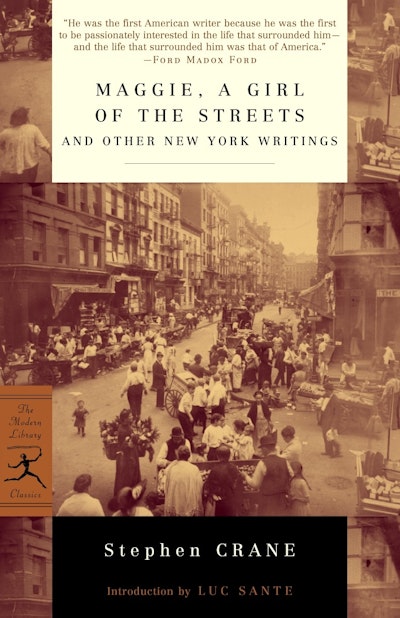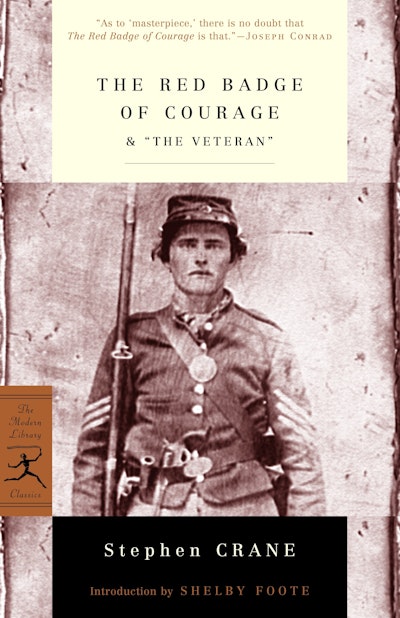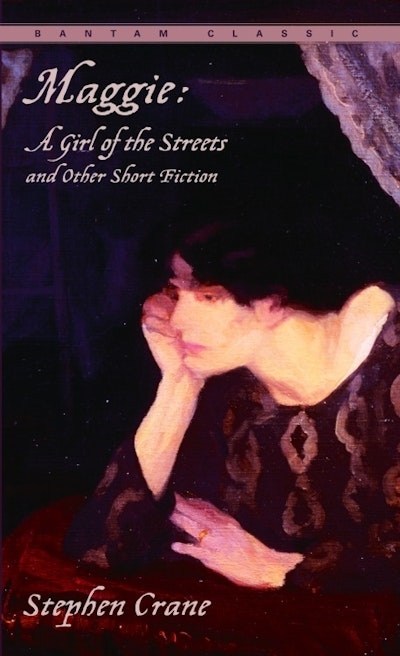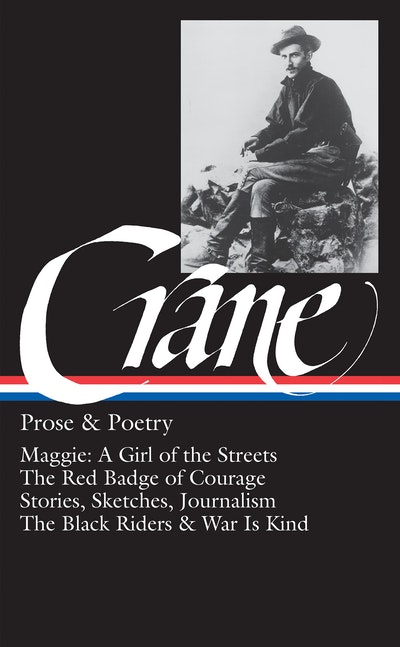Stephen Crane (1871–1900) was born in Newark, New Jersey, the son of a Methodist minister and the daughter of a Methodist bishop. 'Stevie,' their fourteenth and last child, turned from his devout roots to a young manhood of pool, poker, and baseball. Following preparatory school at Claverack College, his formal, but hardly his real, education ended with one semester at Lafayette and one at Syracuse University.
Maggie, a Girl of the Streets appeared in 1893, part of it written at Syracuse, part in New York City's Bowery. Slum life and war attracted Crane imaginatively and then literally. The Red Badge of Courage (1895) made him famous before he ever saw any fighting. Active as a reporter in the West, Mexico, Greece, Cuba, and Puerto Rico, he eventually became involved romantically, and perhaps chivalrously, with Cora Howorth Stewart (Taylor), madame of the Hotel de Dream in Jacksonville, Florida.
Crane penultimately settled down with Cora Howorth Stewart (Taylor) in England in 1899, writing energetically to pay debts and alternately enjoying and feeling plagued by the company of visiting writers, among them Henry James, Joseph Conrad, and H. G. Wells.
He died on June 5, 1900, in Badenweiler, Germany, where he and Cora had sought relief for his tuberculosis. After his death Cora returned to her former profession in Jacksonville, opening a new house modelled, so the legend goes, along the lines of Brede Place, the medieval pile they had occupied in England.
Two volumes of poetry, The Black Riders and Other Lines (1895) and War Is Kind (1899); several volumes of later fiction, including some of his very best as well as some hasty and sentimental work; and an unfinished romance, The O'Ruddy (published in 1903 as completed by Robert Barr), form part of the ten-volume Works, edited by Fredson Bowers and published (1969–75) by the University Press of Virginia.
